Next Finnair Strike Dates May 30 & June 2, 2025 (Expect Mass Cancellations)
The Finnair ground employees were striking on Friday, and another strike is taking place on Monday (read more here). This strike will also lead to all short-haul flights going out with minimal catering (water) for two days (read more here). The employees have given notice […]
The Finnair ground employees were striking on Friday, and another strike is taking place on Monday (read more here). This strike will also lead to all short-haul flights going out with minimal catering (water) for two days (read more here).

The employees have given notice about the next strike dates, May 30 and June 2, 2025, unless parties reach an agreement before that.
You can access Finnair here,
It is currently unclear how many employees in customer service, aircraft maintenance, baggage handling, cargo, ground handling operations, and catering are participating, but the number has varied between 300 to 600 during previous similar actions.
The number of flights cancelled on strike dates has varied between 60 to 110, and the cancellations are usually rolled out a day or two before the strike.
Finnair has been pretty good at rebooking affected passengers on other airlines, but the routings are not always optimal (many transfers).
The EC 261/2004 Air Passenger Rights legislation also applies during these strikes. The airlines are required to rebook you to your final destination as soon as possible and provide Duty to Care (accommodation and meals) in case of long delays.
Passengers whose flight is cancelled or significantly delayed can also opt for a refund, but that is their choice.
The delay compensation doesn’t apply if the striking employees are not employed by the airline.
Finnair’s EC 261/2004 Notice:
Labor Union’s Press Release About The Strike Activity (Automated Translation From Finnish):
Labor Dispute in Aviation Services – Summary of Negotiations
The IAU (Finnish Airline Employees Union) presented to the employer side on May 13 a proposal to move the strikes scheduled for May 16 and May 19 to two weeks later, in order to continue discussions on the key issue of the labor dispute.
The employee side argues that the lack of salary increases in 2021 and 2022 has caused the sector to fall behind the general trend, and that this should be addressed in the upcoming contract period. The employer side has rejected this approach to resolving the dispute.
Under labor dispute law, it is not possible to move the strikes without the other party’s consent. The employer side immediately rejected the proposal to reschedule the strikes.
Earlier, a settlement proposal based on the employer’s position was made, but it was rejected. Further mediation efforts were interrupted on May 13, when the mediator informed that they were not in a position to offer a new settlement proposal.
The new preliminary notification issued by the IAU concerns the strikes planned for May 30 and June 2, which would be rescheduled from May 16 and May 19.
The reasons cited in the notice are identical to those in earlier notices. Following the notice, the mediator has called both parties to a meeting on May 20.
Background of the Labor Dispute
The ongoing labor disputes in the aviation industry revolve around the adherence to the “general line” in salary increases. The employee side believes the issue should be considered in light of the industry’s recent history, whereas the employer side insists that the dispute cannot look backward.
Starting Points
In 2024, the average annual earnings of active employees within the Finnair Group were €70,277 (excluding the CEO and CEO’s deputy). Compared to 2020, earnings increased by 6.4%. However, due to the agreed-upon savings stemming from the COVID-19 pandemic and the Russian invasion of Ukraine, earnings remained below the general line increases, which were 10.4% during the same period.

Source: Finnair Annual Report 2024
The average annual earnings in the aviation services sector are significantly lower than those in the Finnair Group. Salary increases were not implemented in 2021 and 2022, and wages were not adjusted to match the general line during the contract period ending on March 15, 2025. Since 2021, salary increases in the sector have totaled only 6.1%, falling 4.3% behind the general line.
“General Line Cannot Be Exceeded”
If the dispute were resolved according to the employer’s demands, the relative gap compared to the general line would increase by about 0.1 percentage points each year on top of the previously existing gap. By the end of the three-year contract period, the difference would exceed 4.6%.
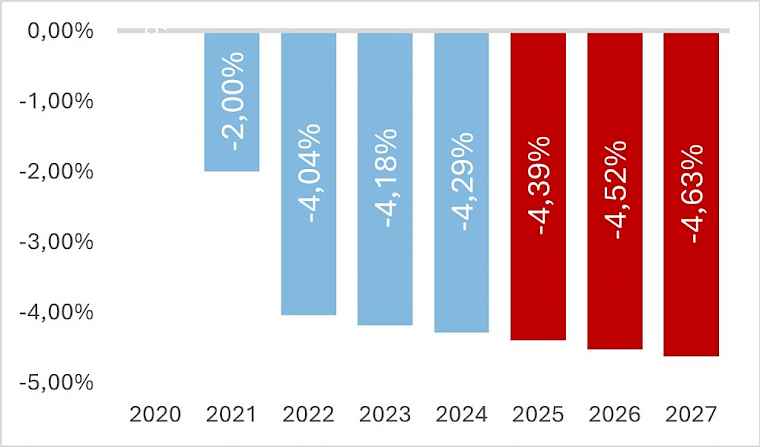
For comparison, an employee whose annual earnings were €38,000 in 2020 has lost approximately €5,500 so far due to the lack of salary increases in 2021 and 2022, compared to what they would have earned if increases had been made in line with the general trend. If the employer’s demands are accepted, the loss in the next three-year period would be €5,200, and cumulative earnings losses would rise to €10,700.
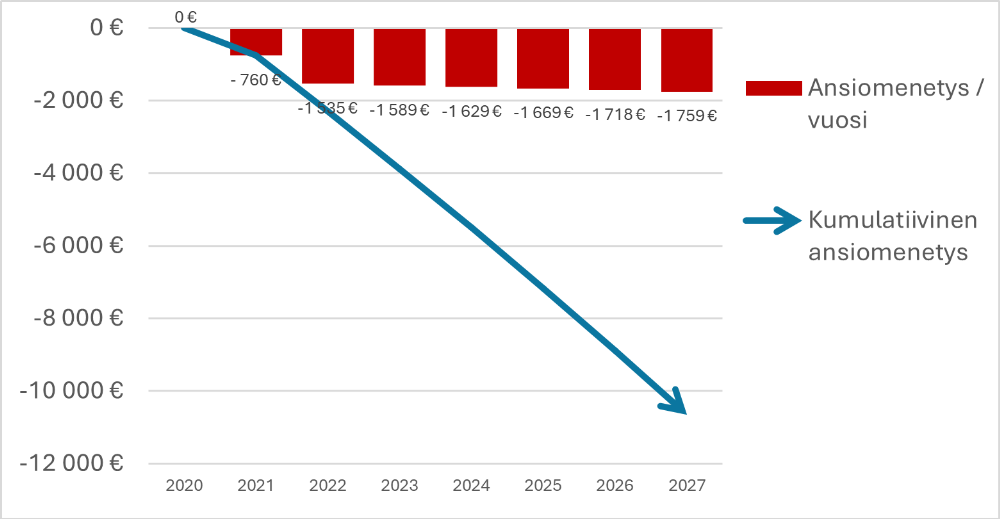
The employer justifies their position by stating that the savings in the sector were agreed to be permanent and not loans to be paid back. Furthermore, they argue that the aviation industry is still in a state of exception due to the war in Ukraine and global economic uncertainty.
“General Line Must Be Achieved”
The employee side agrees that the savings that caused the earnings losses were not loans, and therefore repayment is not required. However, they propose a model where savings could continue in the upcoming contract period but would end no later than at the end of that period.
In this case, the example employee’s earnings losses could increase by approximately €2,500 during the next contract period, bringing the total loss to nearly €8,000, compared to the scenario where the sector had adhered to the general line.
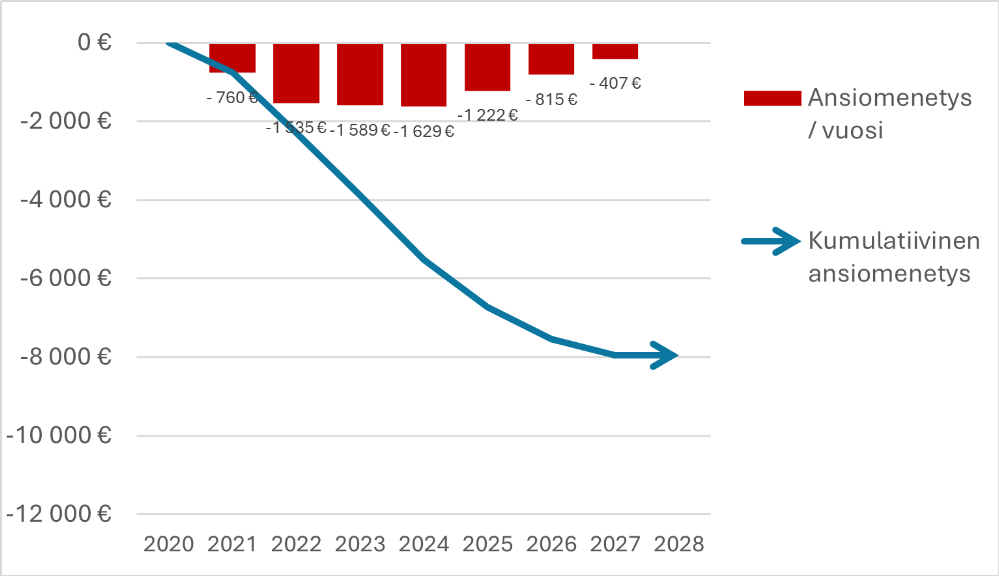
The employee side, however, cannot accept the justification based on the exceptional situation caused by the war in Ukraine, as this would imply a double standard: during the recruitment of a new CEO, the board exercised discretion to deviate from the compensation policy under exceptional circumstances and approved a discretionary one-time bonus for the CEO for 2024. Since Finnair is now moving past the dual crisis years, the board also decided to approve remaining payments under the leadership team’s Rebuild incentive program, including to the CEO’s deputy Jaakko Schildt. The payment exceeded the 120% cap for the annual variable compensation set in the 2024 compensation policy, but when spread across the three-year duration of the Rebuild program, the payment stayed within the limit. The Rebuild incentive program covered the years 2020–2023 and supported the company’s reconstruction and recovery of profitability following the dual crisis. (Source: Finnair Annual Report 2024)
After the European Commission in 2020 set the condition for state aid to limit traditional executive compensation, it was replaced by the Rebuild incentive program, which turned the management’s earnings losses into repayable loans. In 2024, the CEO alone was paid 121.8% more than in 2020.
“New Labor Market Model” and Mediation
The employer’s demands are strongly tied to the labor market model promoted by the Finnish government. Former Minister of Labor Arto Satonen summarized the situation as follows: “Of course, the parties can agree on anything among themselves, but when going through a mediator, they must stay within the framework of this opening for exports.” (A-Studio, May 7, 2025).
Satonen’s reference to going through a mediator points to an addition to the labor dispute law, which states that a mediator must act in such a way as to ensure the overall benefit of the national economy, ensuring that wage formation works as efficiently as possible and that the functioning of the labor market is not jeopardized. However, the situation is not as clear-cut.
The government’s justification for the legal amendment states that a mediator cannot significantly deviate from solutions widely accepted by labor market organizations in individual labor disputes. Deviations are only considered possible due to sector-specific exceptional circumstances. Furthermore, the labor dispute law retains the previous clause on achieving a settlement:
In their mediation efforts, the mediator must, after thoroughly examining the dispute and the relevant factors influencing its assessment, attempt to get the parties to clearly define the issues in dispute and to limit them as much as possible, and seek to lead the parties toward a settlement based mainly on their own proposals and offers, with the mediator suggesting such concessions and adjustments as may be deemed necessary by reasonableness and fairness.
In this labor dispute, both parties have defined the key issue as whether the salary increases that were not implemented in 2021 and 2022 should be taken into account in the upcoming contract period, and have clearly communicated this to the mediator.
Conclusion
It has been a rather rough six months for Finnair passengers. More than 2,000 flights have been canceled due to strikes by various employee groups.
The pilots still have no agreement, but they have decided to temporarily suspend the work-to-rule activity. The next group that might strike is the cabin crew members, who don’t have an agreement (it is being negotiated).
This May 30 and June 2 strike may be cancelled if the parties can reach an agreement.



















































![Fascinating Rhythms [M]](https://jonathanrosenbaum.net/wp-content/uploads/2011/04/m-fingerprint.jpg)

![Love and Politics [THE RUSSIA HOUSE & HAVANA]](https://jonathanrosenbaum.net/wp-content/uploads/2011/12/therussiahouse-big-300x239.jpg)













































![‘Friendship’: Andrew DeYoung On Tim Robinson, Paul Rudd, & The Wildest, Cringiest Buddy Comedy Of The Year [The Discourse Podcast]](https://cdn.theplaylist.net/wp-content/uploads/2025/05/22133754/FRIENDSHIP-Poster.jpg)











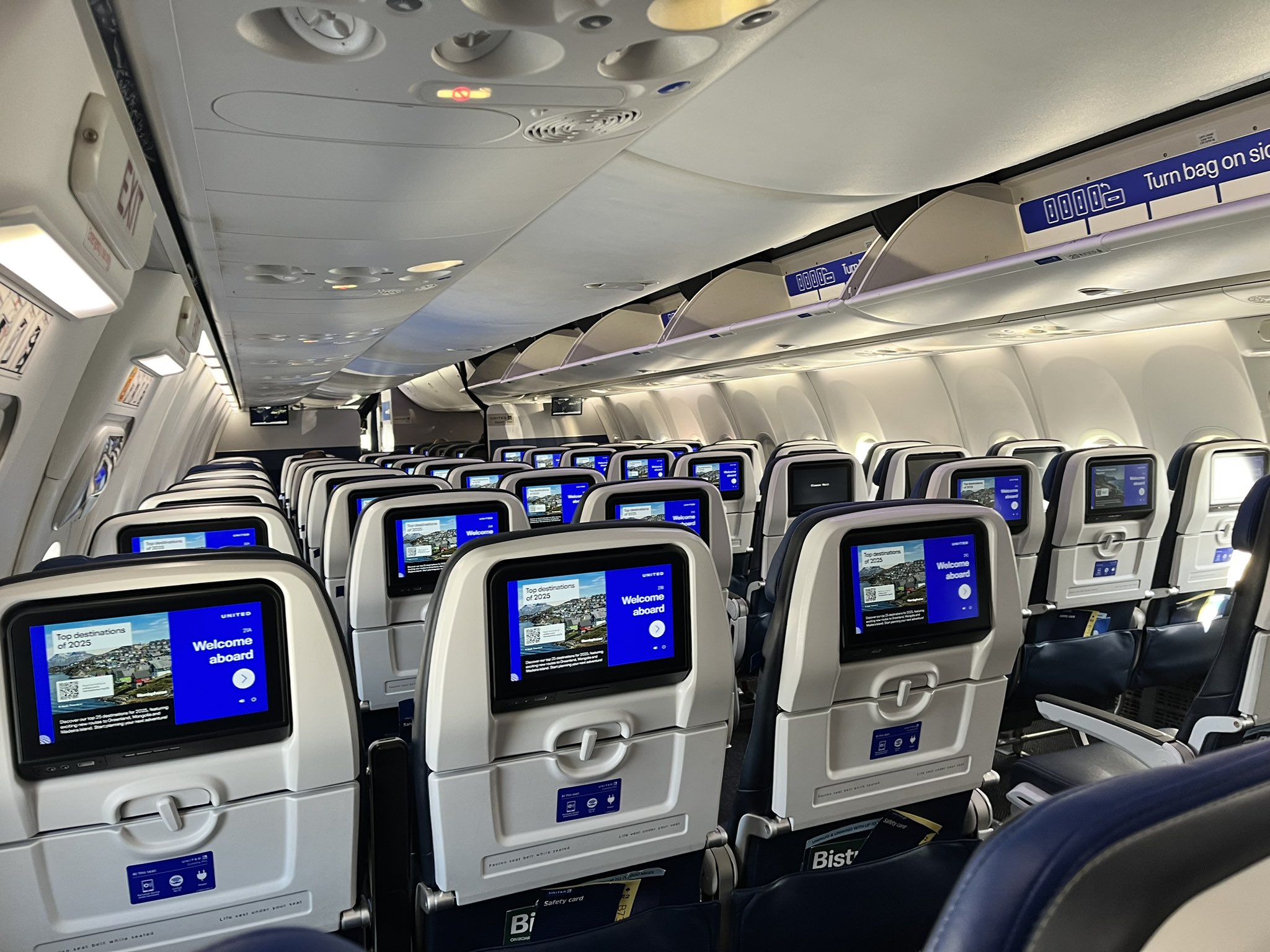

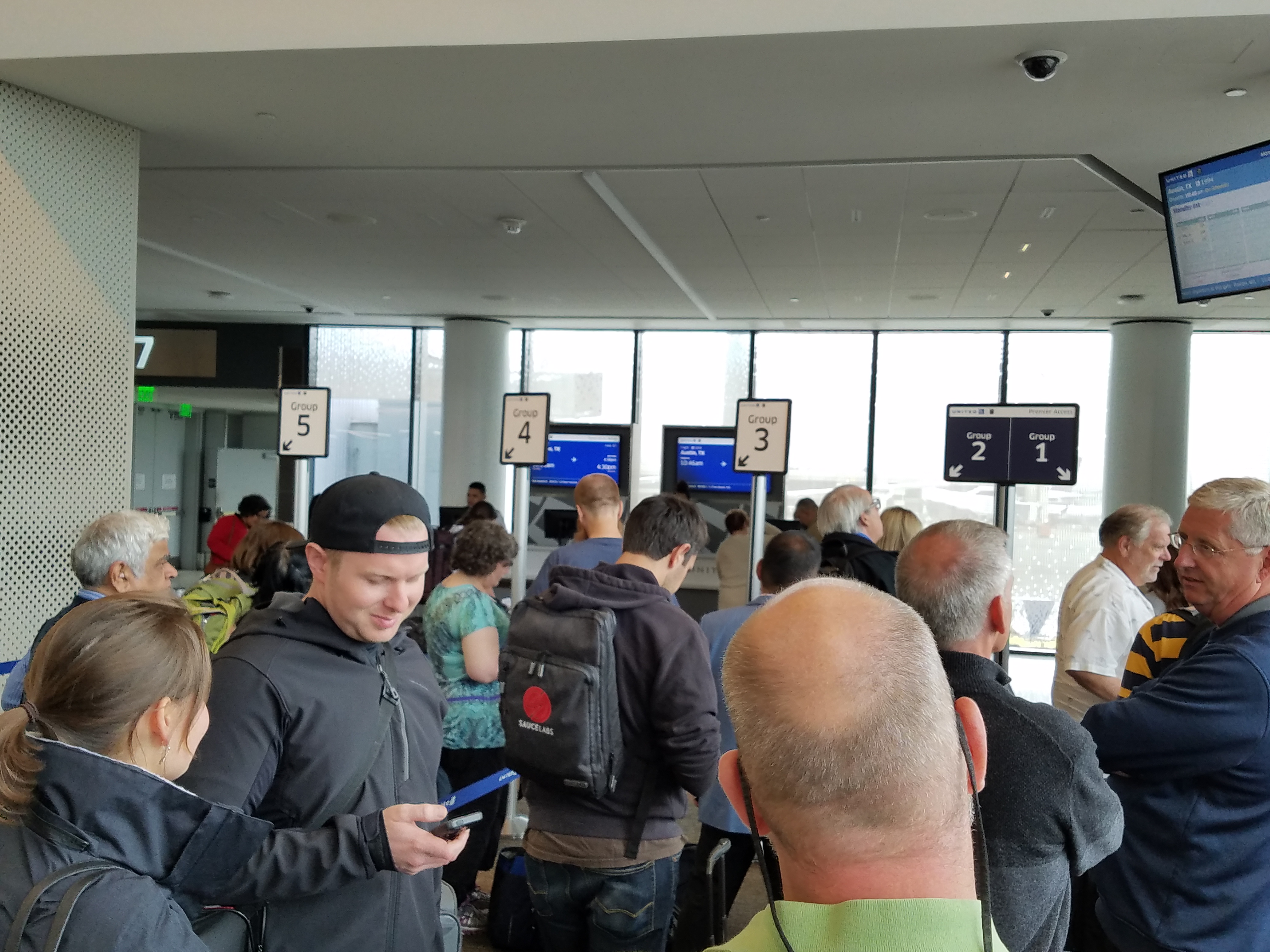
![They Flew $19,000 Business Class—Here’s What I Think Denver Airport Execs Were Really Doing [Roundup]](https://viewfromthewing.com/wp-content/uploads/2015/10/Denver_international_airport.jpg?#)






















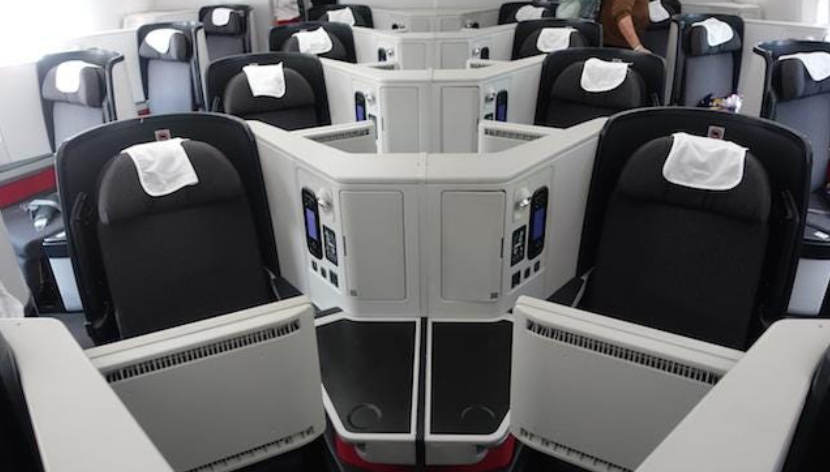





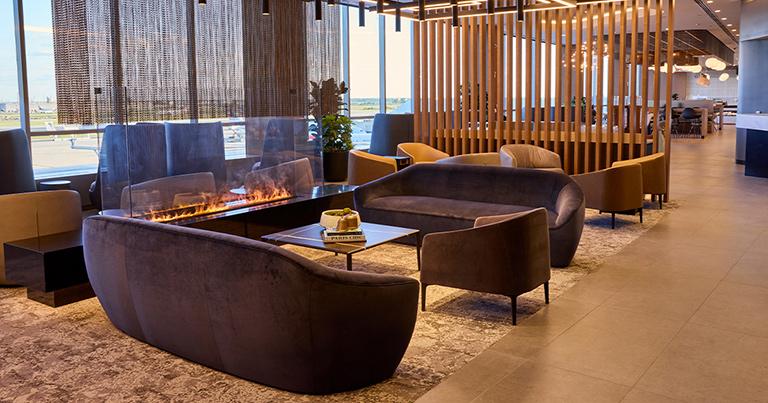




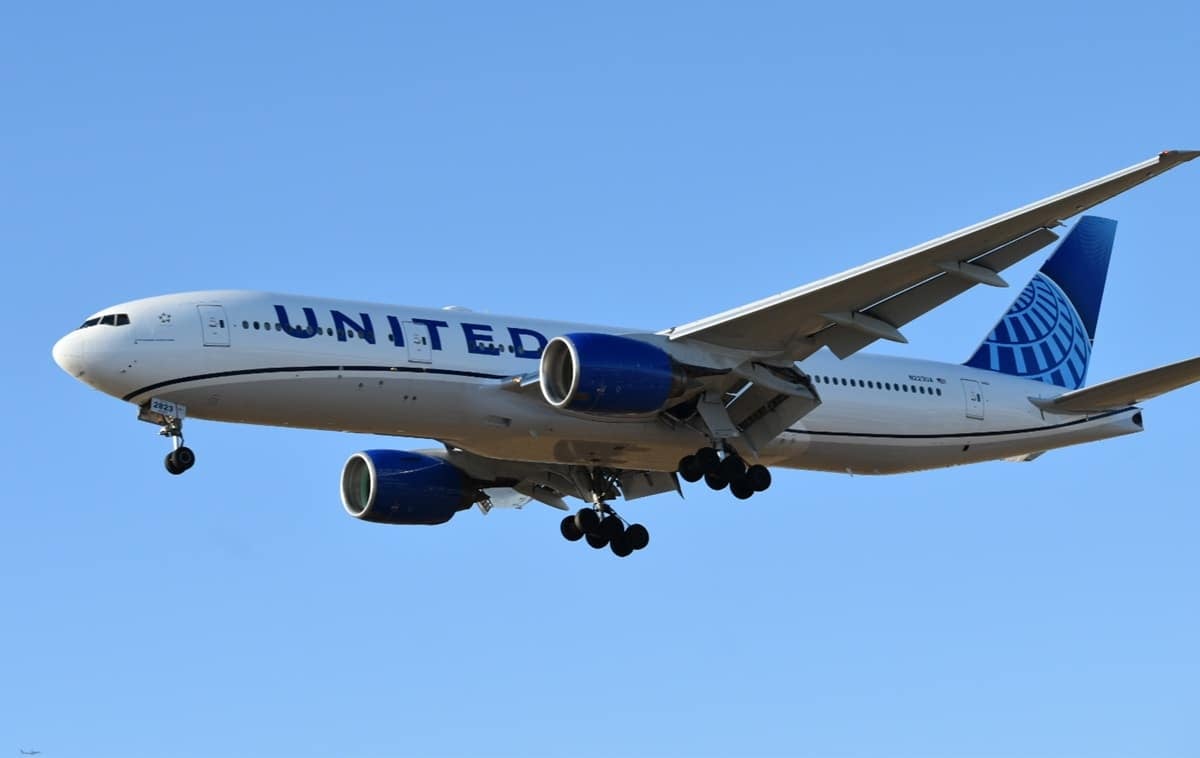





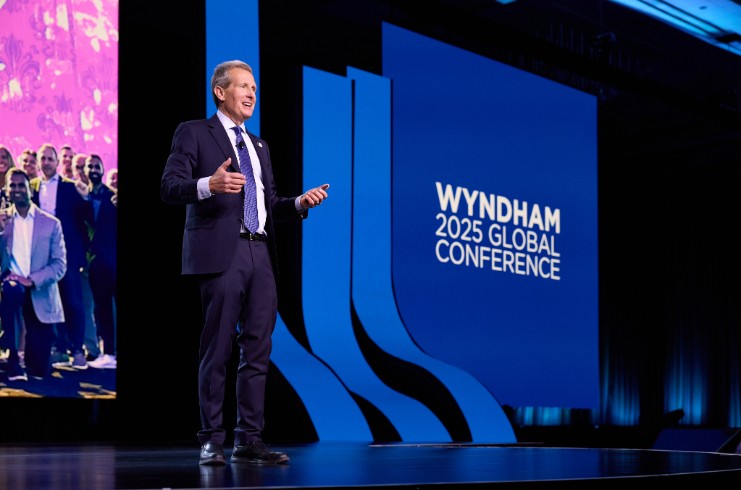
























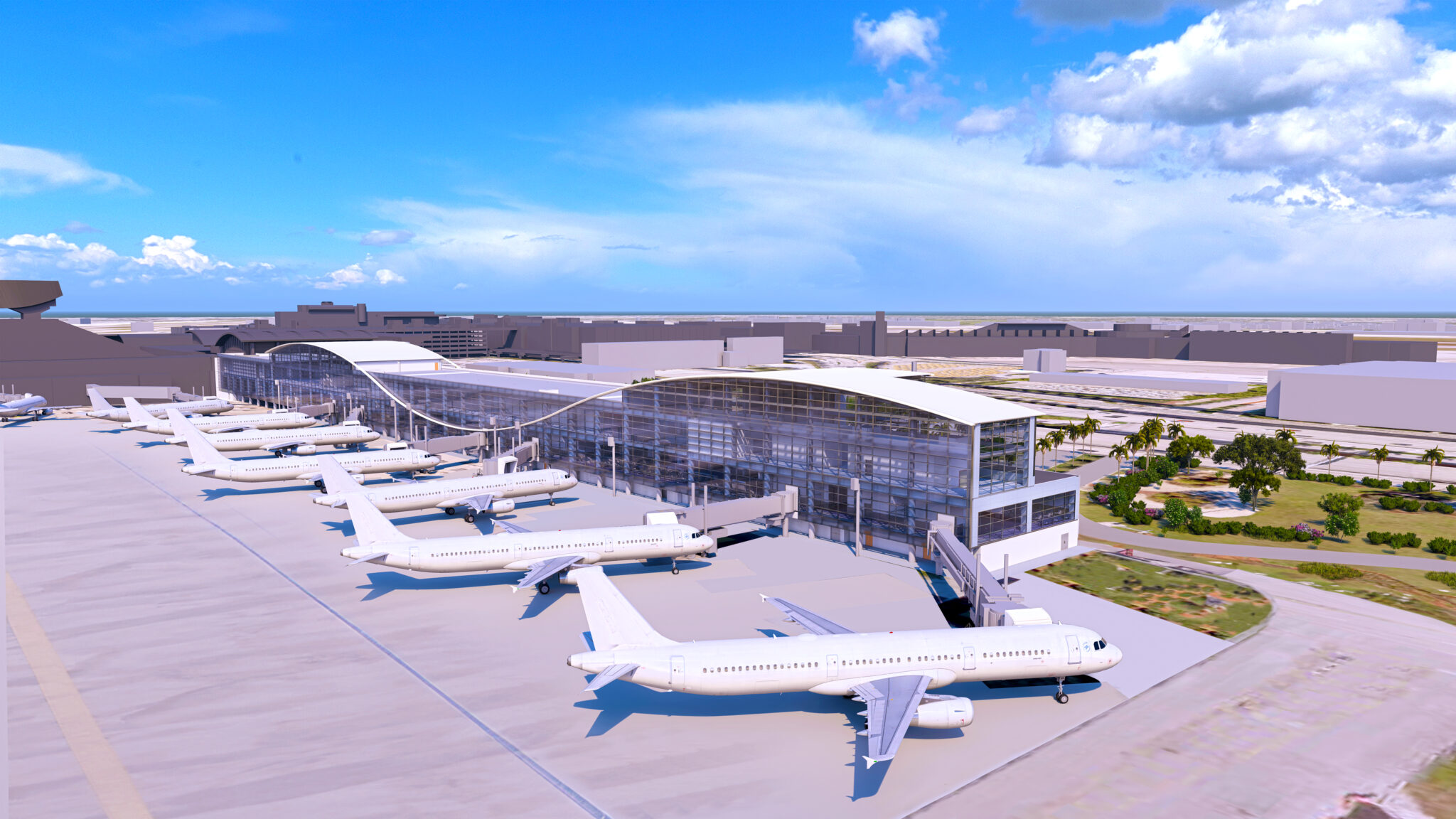



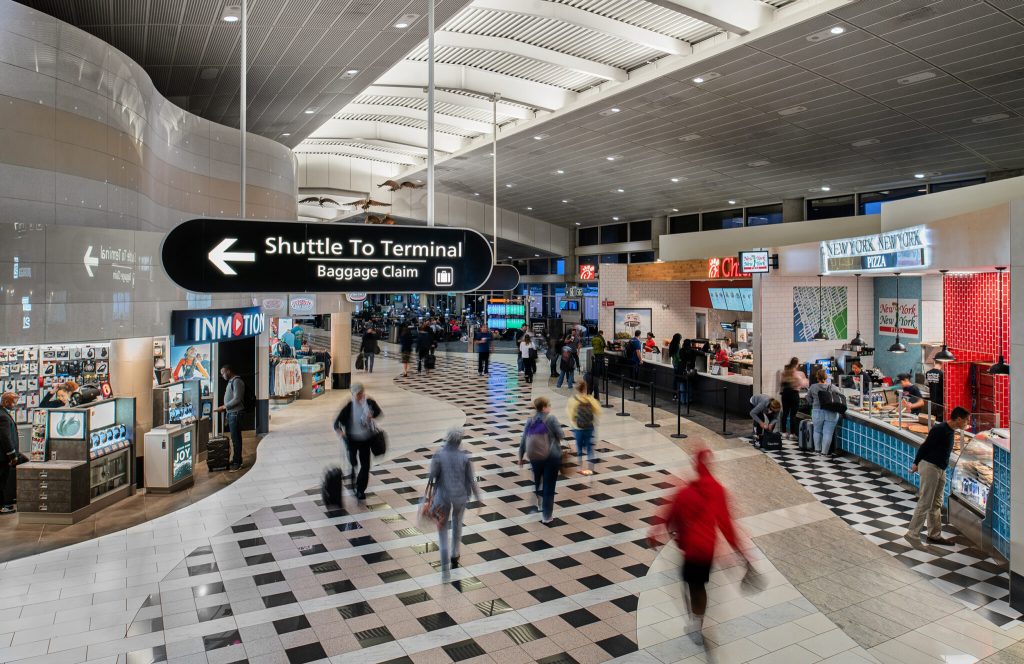











































-1-52-screenshot.png?width=1920&height=1920&fit=bounds&quality=70&format=jpg&auto=webp#)

.png?width=1920&height=1920&fit=bounds&quality=70&format=jpg&auto=webp#)













































































































































![[Podcast] Making Brands Relevant: How to Connect Culture, Creativity & Commerce with Cyril Louis](https://justcreative.com/wp-content/uploads/2025/05/cyril-lewis-podcast-29.png)













































































































